
In working on the new AMC documentary series Queer for Fear: The History of Queer Horror, director/executive producer Bryan Fuller (Hannibal) was excited to dig into all the facets of storytelling around this genre — including the way in which queer themes have been hidden within mainstream works for centuries.
“As somebody who grew up used to the codes, and faced obstacles in my own career as a storyteller with queer representation, and having that eradicated or suppressed by studios or other creatives who just felt that the world wasn’t ready for queerness in that regard… I have a great affection for the codes of queerness, because there’s so much about being queer that is already coded,” he tells Consequence over Zoom.
In fact, he says, that affection for codes ended up having a big influence on Hannibal, his 2013-2015 NBC series riff on Hannibal Lecter. “Because I’ve been around for a second and have gone through different phases of social acceptance of queerness, it feels easy. And I kind of like the idea of building to it,” he says. “Even over the course of something like Hannibal, that started out as sort of this bromance and then became something much more explicitly queer — that, I guess, was part of my process of coming to terms with what the audience is capable of processing and/or rejecting, and ultimately landing on a very queer space for those characters and those dynamics.”
As he says, the show didn’t start off that way, and “I would imagine part of the resistance to the explicit representation was perhaps my comfort in codes for the queer audience. Because I know that for me as an audience member, it’s incredibly satisfying when you see through the code and see how The Matrix is working on the spectrum.”
Queer for Fear may surprise viewers who think they understand how LGBTQ+ issues and themes have been a part of horror storytelling over the centuries. Beginning with early literary works by Oscar Wilde, Bram Stoker, and Mary Shelley, the series provides an in-depth insight into the earliest days of the genre from a wide range of icons, stars, culture critics, and storytellers from within the queer horror community, including Kimberly Peirce, Renée “Nay” Bever, Mark Gatiss, Lea DeLaria, Jennifer Tilly, Karyn Kusama, Leslye Headland, and Oz Perkins.
You know it’ll be a fun interview when you start off talking about fart jokes, and Fuller didn’t disappoint. Below, transcribed and edited for clarity, he gets into how the production found their sources for the show’s extensive talking-head interviews, the claiming of Alfred Hitchcock as a creator of queer horror, and more about why he’s been so fascinated with queer-coded storytelling — even when the subtext has become much more textual these days.
So I want to start off by asking — with documentaries like this, a big factor is who you get as your talking heads. What was that process like?
You know the process was fascinating because with a lot of these documentaries, people don’t get paid for their time to come in and talk to you for, you know, one-to-four hours depending on the interview. So a lot of people said no. We cast a very wide net and we had a lot of folks pass on it or want to get paid for it. And we’re a small operation, so there were certain people that we just couldn’t accommodate in terms of their schedule. Everybody that you see showing up should be applauded for caring enough about the subject matter to show up and have the conversation. That was wonderful.
Also, there was just the community aspect of talking to one person who says who you should really talk to is this person. The reason Jasmin Savoy Brown is a producer on the show is that we had a conversation with her and she said, “You know, who you need to talk to is this list of 10 people. They’re all amazing women that are queer and are really insightful. And you may not be aware of all of them, but you should be.”
Folks who didn’t necessarily find themselves in a community can now claim the horror community as their own. We had a lot of those experiences, where one person would lead to five more people, or six more people because they just cared and wanted to make sure that there were a lot of voices in the conversation. Because people like Jasmin Savoy Brown cared so much about the subject matter and how it’s starting a conversation and perhaps creating a community.
[flexi-common-toolbar] [flexi-form class=”flexi_form_style” title=”Submit to Flexi” name=”my_form” ajax=”true”][flexi-form-tag type=”post_title” class=”fl-input” title=”Title” value=”” required=”true”][flexi-form-tag type=”category” title=”Select category”][flexi-form-tag type=”tag” title=”Insert tag”][flexi-form-tag type=”article” class=”fl-textarea” title=”Description” ][flexi-form-tag type=”file” title=”Select file” required=”true”][flexi-form-tag type=”submit” name=”submit” value=”Submit Now”] [/flexi-form]
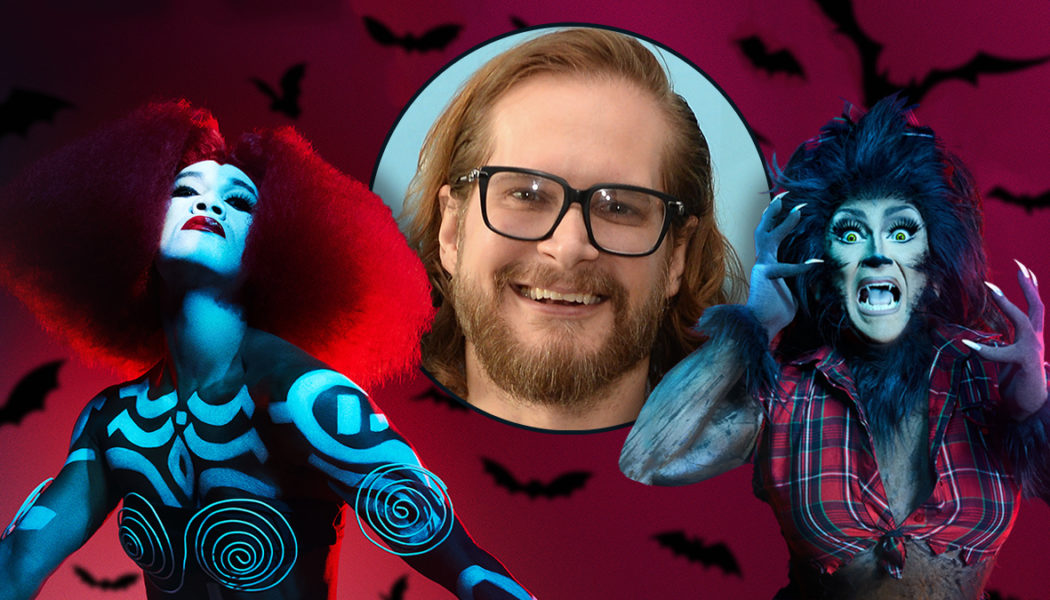
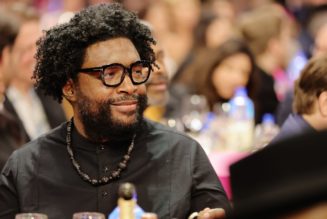
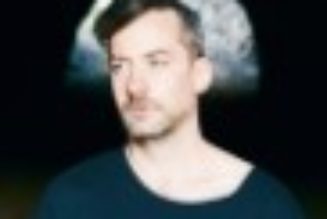
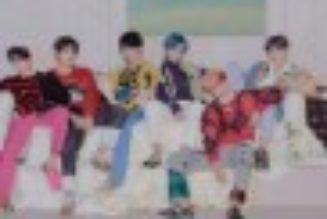
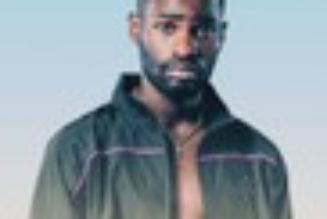


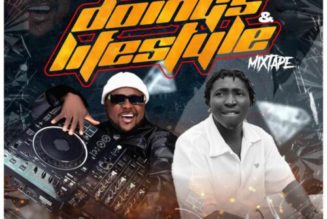
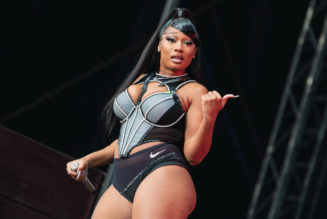

Tagged: Alternative Music, Bryan Fuller, FEATURES, Film, Hannibal, INTERVIEWS, music blog, TV